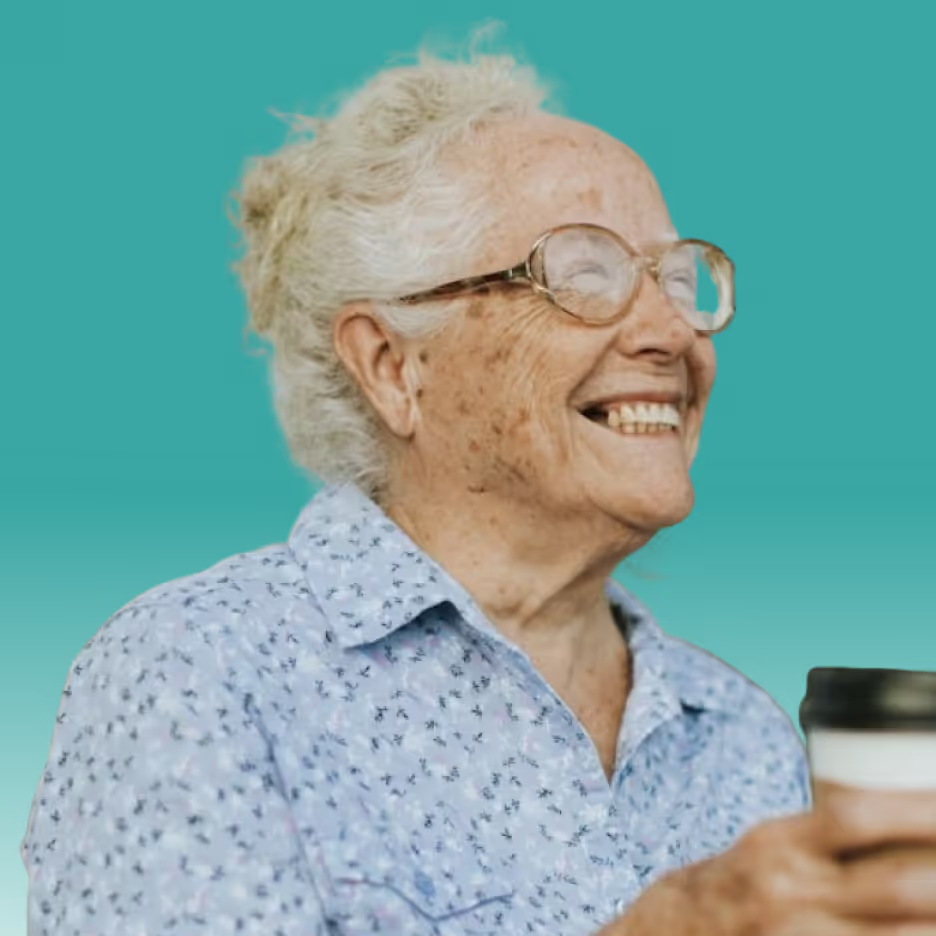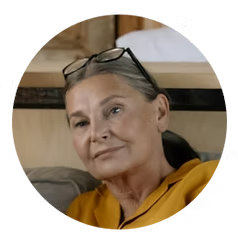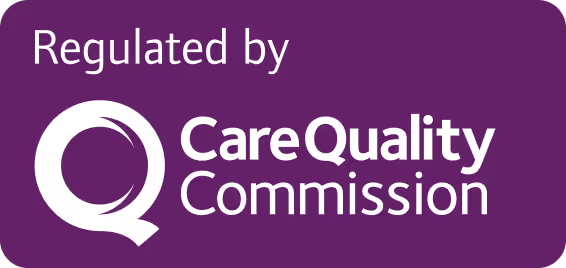Safely withdraw from alcohol, from the comfort of your home



Experienced UK-based professionals






Ready to get started?





Frequently asked questions
Can I join the programme if I live outside England (e.g. Scotland, Wales, NI)?

Yes, we cover the whole of the United Kingdom which covers England, Scotland, Wales & Northern Ireland.
Can I still go to work during my detox?

We encourage our clients to take their detox week off work so that they can focus on the substantial positive change they are making, and stay comfortable. Medications prescribed during detox week also make it unsafe to drive during this time. Your clinician will plan your detox week with you to find a week that will work for you and we can provide a medical certificate for you to take sick leave during this time if required. For the remainder of the 12 months you can work as normal.
Can you prescribe anti-craving medications like naltrexone (eg. Nalorex), acamprosate (eg. Campral) or disulfiram (eg. Antabuse)?

Yes. These will be considered as part of your personalised care plan.
Do I have to tell my GP?

We believe that in order to provide you with the best and safest care, then good communication with your NHS GP is really important. The reason for this is that your NHS GP usually holds the most complete medical record for you and any care you receive from other providers should keep your GP in the loop. This is especially important as we may be giving you prescribed medications and good communication improves safety for you.
We are passionate about person-centered care and enabling people to access support but, above all, we need to be safe. With this in mind there may, on occasion, be situations where we can do a home-detox without informing the GP. We believe this should only be considered in special situations and we cannot promise that it will be medically safe for everyone. Your clinician will talk you through this in more detail so please do not see it as an absolute barrier but more as an opportunity to have a conversation.
Do I need to get any medical records from my own GP before I can engage in the programme?

Yes, we ideally need a ‘Summary Care Record’, sometimes called a ‘Summary Print Out’'. These are terms we use in NHS General Practice which means a document that shows the main points of your medical record, usually 2-4 pages & contains information like:
- Your contact details.
- Medical Conditions Summary- headings of any medical issues (e.g. ‘Type 2 Diabetes’ or ‘Migraine’).
- Medications Prescribed / Repeat medication lists.
- Any Allergies.
- Recent test results.
How to get this:
Under the NHS Constitution for England (2015, updated 2021), patients have the right to access their own health records and receive a copy (electronic or paper), free of charge in most cases (covered by GDPR/Data Protection Act 2018).
You can request one of these from your GP without need to explain why you need it. Here are some of the ways you can get it, there will be variation depending on your GP Surgery:
- The Summary can usually be viewed on your NHS app if you’re set up for this.
- You can ask your NHS GP practice for a copy to be emailed to you securely.
- You can walk into your surgery and ask for a print out (ensure you take 2 forms of ID).
If you’re struggling with this step then please get in touch with us and we can help you with it directly.
Do I need to tell anyone I'm going through a detox?

Yes, but this can be just one close friend or family member. Recovery is a journey no one should face entirely alone. To detox safely at home, you will be asked to choose a ‘support person’ who can support you during the detox.
How do I contact Clean Slate Clinic?

For enquiries, complaints or feedback please write to services.uk@cleanslateclinic.com
We commit to providing an acknowledgement of any complaints within 7 days and to providing a response within 28 days.
How does it work?

Preparation (2-3 weeks)
- Once you’ve had your initial onboarding call with one of our team and are happy to proceed then you’ll have an initial consultation with one of our clinicians to go through everything and assess your suitability for a home detox.
- You’ll have access to our online resources to support you through the journey with us.
- You’ll nominate your support person for the home-detox.
- You’ll undergo some basic tests, including a blood test (if you haven't had any in the last 3 months).
- We'll build a vitamin regime with you.
- You’ll have a further consultation with one of our prescribing clinicians who will prepare you for the detox.
Detox (1 week)
- You’ll have a daily video call with one of our clinicians.
- You’ll have a daily medication regime to relieve withdrawal symptoms and cravings (if needed / agreed with your clinician).
- Daily breathalyser and withdrawal screening to keep a close eye on how you’re doing.
Aftercare (12 months)
- You’ll have a Post-Detox review with the your clinicians.
- You’ll then have regular reviews with your clinician, weekly for 3-4 weeks then at month 3, 6 and 12.
- You’ll have access to prescribed anti-craving medication if suitable.
- Access to multiple peer-supported 'SMART Recovery' meetings each week, facilitated by our trained team.
- Signposting and referral to other support services.
- You’ll have an individual care plan.
How much does it cost?

All prices are in GBP. Most clinical services are VAT-exempt; if VAT applies, we’ll show the VAT-inclusive price and itemise VAT on your invoice.
12-month programme (medical detox + 12 months of support)
Upfront price (best value) of £3,600 or Payment Plan (no interest or fees) of £4,200 (12 monthly instalments of £350).
We accept debit/credit card or bank transfer. Payments are processed securely by our PCI-DSS compliant provider.
All treatment is subject to clinical suitability and an initial assessment. Our Terms of Service apply.
What's not included:
Our programme costs cover all aspects of our services, except:
1) Prescription medication — supplied by your chosen pharmacy; dispensing/medication costs are set by the pharmacy.
2) Optional supplements — if recommended (e.g., electrolytes), these can be purchased at retail from any pharmacy.
I have other medications and medical problems, can I still join the programme?

Our programme of psychological & group support is open to all.
For the medicated home detox, you will be medically assessed by one of our clinicians to ensure it is safe to undertake. The clinician will go through your medical history including any medications you take.
Most people, even with medical issues, will be able to continue with the detox stage after this evaluation, if both you, and your clinician are happy to proceed. Note though, that there are certain medical conditions that would mean it would not be safe to do the home alcohol detox e.g. if you’ve ever had an alcohol withdrawal seizure or severe liver issues.
If I need blood tests how will these be arranged?

The blood tests we require are quite standard. If you have had a blood test in the last 3 months through another clinic or service (e.g. NHS GP) then we may not need to do another further if we can access the test results. If we don’t have any recent results then we’ll need a new set. This can be done either 1) by getting a finger-prick postal kit that we send to you and you return, or 2) we can arrange a home visit to take a sample. You can discuss which option is best suited for you at your initial appointment with your clinician.
Is Clean Slate Clinic Regulated?

Yes, Clean Slate Clinic UK is registered with the Care Quality Commission (CQC), the independent regulator of health and social care in England. This means our services are inspected and held to national standards for safety, effectiveness and quality of care.
We follow guidance from the General Medical Council (GMC), NICE (National Institute for Health and Care Excellence) and other UK professional bodies. All prescriptions are issued by qualified prescribers and our team is trained and supervised to deliver safe, evidence-based care.
Is this covered by the NHS or do I have to pay privately?

Although we would love to be able to help everyone free at the point of care like the NHS, at the moment we can only offer a private service. Please see FAQ 'How much does it cost?'.
What can I do whilst I'm waiting for my first appointment?

Here, you would have booked an initial appointment with a member of our team. We do keep this waiting time brief (sometimes as little as an hour). During this period, we don’t advise anyone to change their drinking habits until they've spoken with our team. We would recommend reading through our resources https://www.cleanslateclinic.co.uk/patient-resources and familiarising yourself with our programme.
What is Clean Slate Clinic?

Clean Slate Clinic is a Social Enterprise established to tear down barriers to accessing addiction treatment. Originally founded in in Australia, where we have supported over 2,000 clients since 2020, we launched in the UK in 2025. Our UK team comprises clinicians (Addiction Psychiatrists, General Practitioners, Pharmacists and Nursing Staff) with extensive experience in supporting individuals struggling with alcohol and other substance dependence. Our team includes individuals with lived experience of dependence and we are passionate about reducing the barriers people face in accessing support. We follow an evidence-based approach in all that we do. This means the advice, treatments and checks we offer are guided by the best available research and medical knowledge.
What is an alcohol withdrawal seizure?

An alcohol withdrawal seizure is a type of epileptic fit (sudden loss of consciousness with stiffening, shaking, or convulsions) that can happen when someone who drinks heavily stops or reduces alcohol suddenly. It can occur within the first 48 hrs of having the last alcohol containing drink*.
If you’ve had one of these in the past then it will not be safe for you to undertake a home alcohol detox as you would need closer monitoring than we can provide. We’d usually suggest contacting your local Alcohol Services directly but see our ‘resources’ page for more advice.
Once you’re detox-ed then we can still support you with our Aftercare programme.
What medication do you use for detox?

If a medicated detox is required, we use Chlordiazepoxide (this is sometimes referred to as Librium). The dosage and reduction plan will be tailored to your needs and discussed in detail during your pre-detox assessment with your clinician.
We also provide thiamine tablets before and during the detox process, as a supportive replacement medication.
Following detox, there are options for abstinence-support medications, which are most effective when used alongside psychological support interventions
Why does aftercare matter

Why does aftercare matter?
Detox addresses physical dependence, but recovery requires ongoing support. We follow NICE guidance because they reflect what actually works. Services that skip this step may be prioritising profit over patient outcomes.
Will my information be kept confidential?

Yes. Clean Slate Clinic is a strictly confidential service. Our clients’ privacy is our highest priority.
Your data will not be shared without your consent and we adhere strictly to the General Medical Council’s guidance on confidentiality and the UK GDPR standards which gives you rights over how your data is collected, stored and shared.
The only time we may have to share information without direct permission is in the following uncommon situations:
- Where there is a serious risk of harm to the client: a risk to their life or presence of medical danger, for example someone becomes very unwell during an appointment & we need to call an ambulance for them.
- There is a serious risk of harm to other people or the public.
- There is a legal or safeguarding duty, for example, if there is a risk to a child or vulnerable adult, or required by law.
Read our Privacy Policy here
.avif)


















.svg)




%20(1)%20(1)%201%20(1).png)